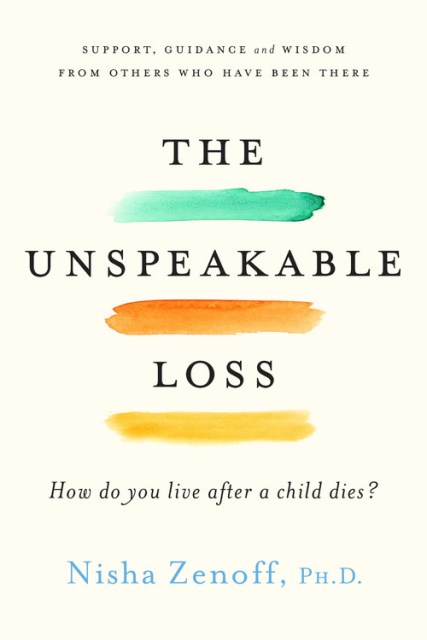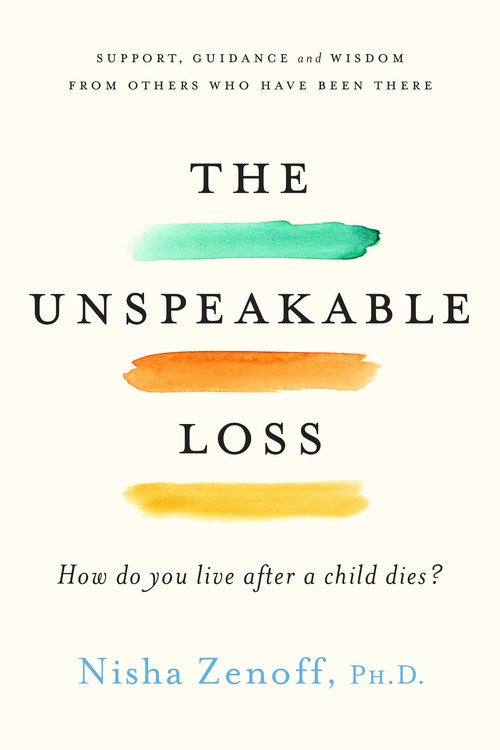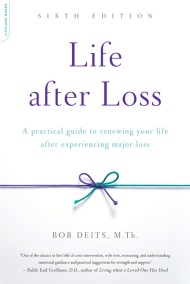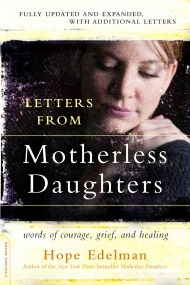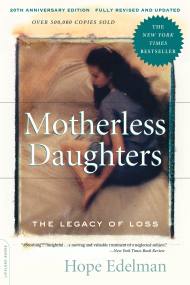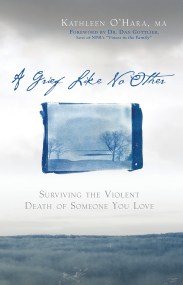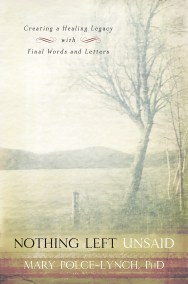By clicking “Accept,” you agree to the use of cookies and similar technologies on your device as set forth in our Cookie Policy and our Privacy Policy. Please note that certain cookies are essential for this website to function properly and do not require user consent to be deployed.
The Unspeakable Loss
How Do You Live After a Child Dies?
Contributors
By Nisha Zenoff
Formats and Prices
- On Sale
- Nov 7, 2017
- Page Count
- 256 pages
- Publisher
- Balance
- ISBN-13
- 9780738219752
Price
$18.99Price
$23.99 CADFormat
Format:
- Trade Paperback $18.99 $23.99 CAD
- Audiobook Download (Unabridged)
This item is a preorder. Your payment method will be charged immediately, and the product is expected to ship on or around November 7, 2017. This date is subject to change due to shipping delays beyond our control.
Buy from Other Retailers:
Nisha Zenoff lost her son in a tragic accident when he was just seventeen years old. Now, with decades of experience as a grief counselor and psychotherapist, she offers support and guidance from her own journey and from others who have experienced the death of a child. The Unspeakable Loss helps those who mourn to face the urgent questions that accompany loss: “Will my tears ever stop?” “Who am I now without my child?” “How can I help my other children cope?” “I lost my only child, how do I live?” “Will my marriage survive?” “Will life ever feel worth living again?”
No matter where you are in your grieving process, The Unspeakable Loss provides a space to mourn in your own way, and helps you understand how the death of a child affects siblings, other family members and friends, recognizing that we each grieve differently. And while there is no one prescription for healing, Zenoff provides tools to practice the important aspects of grieving that are easily forgotten — self-compassion and self-care.
The Unspeakable Loss doesn’t flinch from the reality or pain caused by the death of a child, yet ultimately it is a book about the choice to embrace life, love, and joy again. As Zenoff writes in the Preface: “Our relationships with our children do not end with their deaths. Our relationships change, they’re transformed, but our children will always be with us.”
-
"Written with a remarkable blend of compassion, insight, and 'real world' practicality... essential reading for any parent experiencing the loss of a child."Midwest Book Review
Newsletter Signup
By clicking ‘Sign Up,’ I acknowledge that I have read and agree to Hachette Book Group’s Privacy Policy and Terms of Use
